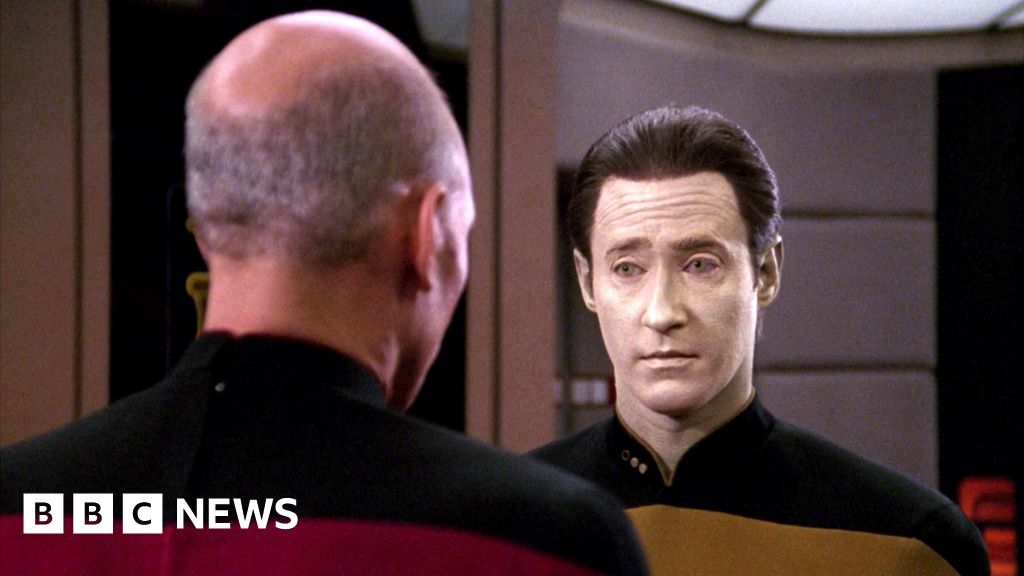What are Star Trek fans’ problems with the J.J. Abrams directed Star Trek movies?
That they’re not Star Trek movies. They’re sci-fi action movies, with Star Trek characters and mythology slotted in.
Star Trek is supposed to be about Big Idea science fiction. Sure, there are fights, and action and drama and other elements to make it entertaining, but at it’s core, it’s based on using science fiction to explore important concepts. That’s been a basic element of what makes science fiction so appealing since it was invented, and Star Trek is one of the few franchises that’s managed to do it successfully.
J.J. Abrams has been very clear that he was never a Star Trek fan, and that’s obvious in his work. One of the taglines of the first Abrams reboot was “this is not your father’s Star Trek!”. They were very open, from the beginning, that they wanted to distance themselves from what Star Trek has always been about, in hopes of attracting a new audience (likely on the assumption that the core fanbase would always watch the films anyway, and so could be ignored).
And that’s not just a marketing gimmick. If you’d changed all the character’s names and just sold the movie as a generic sci-fi action thriller, no one would have noticed. People might have pointed out that Zachary Quinto’s character was an obvious rip-off of Spock, but other than that, nothing about the film would have betrayed it as a Star Trek movie.
One example that I read when the film first came out, which always stuck with me, was comparing it to the TNG episode “Chain of Command” (broadly agreed to be one of the great episodes of the series). In that episode, Picard is captured and tortured by the Cardassians. What follows is an brutal and unflinching exploration of the dynamics of torture: what kind of society produces it, what it does to both perpetrator and victim, the sadism that’s often cloaked in patriotism and justification. And they took this seriously. Patrick Stewart studied the psychological impacts and watched interviews with survivors of torture in order to accurately reflect the effects, both physical and mental, of going through something so hellacious.
In the Abrams Star Trek film, there’s a scene where Kirk is captured and tortured, and it’s played the way such a scene is played in any generic action movie: to show how tough the hero is, how evil the bad guy is, and then the hero outsmarts him and escapes.
Now, this is just one example, of course, but it’s illustrative of the larger issue. Star Trek is traditionally about exploring complex and sensitive concepts in an intelligent way. The future setting allows them to imagine technologies, cultures and settings that allow for better story telling. Action moves are just about entertainment, the setting just allows them to have fancier weapons and big space battles, and the good guys fight the bad guys and win in the end, and that’s pretty much it.
And I’m not trying to trash on sci-fi action. If that’s what people want to watch, then I hope they enjoy it. But it’s not Star Trek. And slapping the Star Trek label on it strikes me as diluting a hugely influential franchise for the sake of a cheap marketing ploy. That’s why many of us have a problem with it.

 www.facebook.com
www.facebook.com

 www.facebook.com
www.facebook.com


